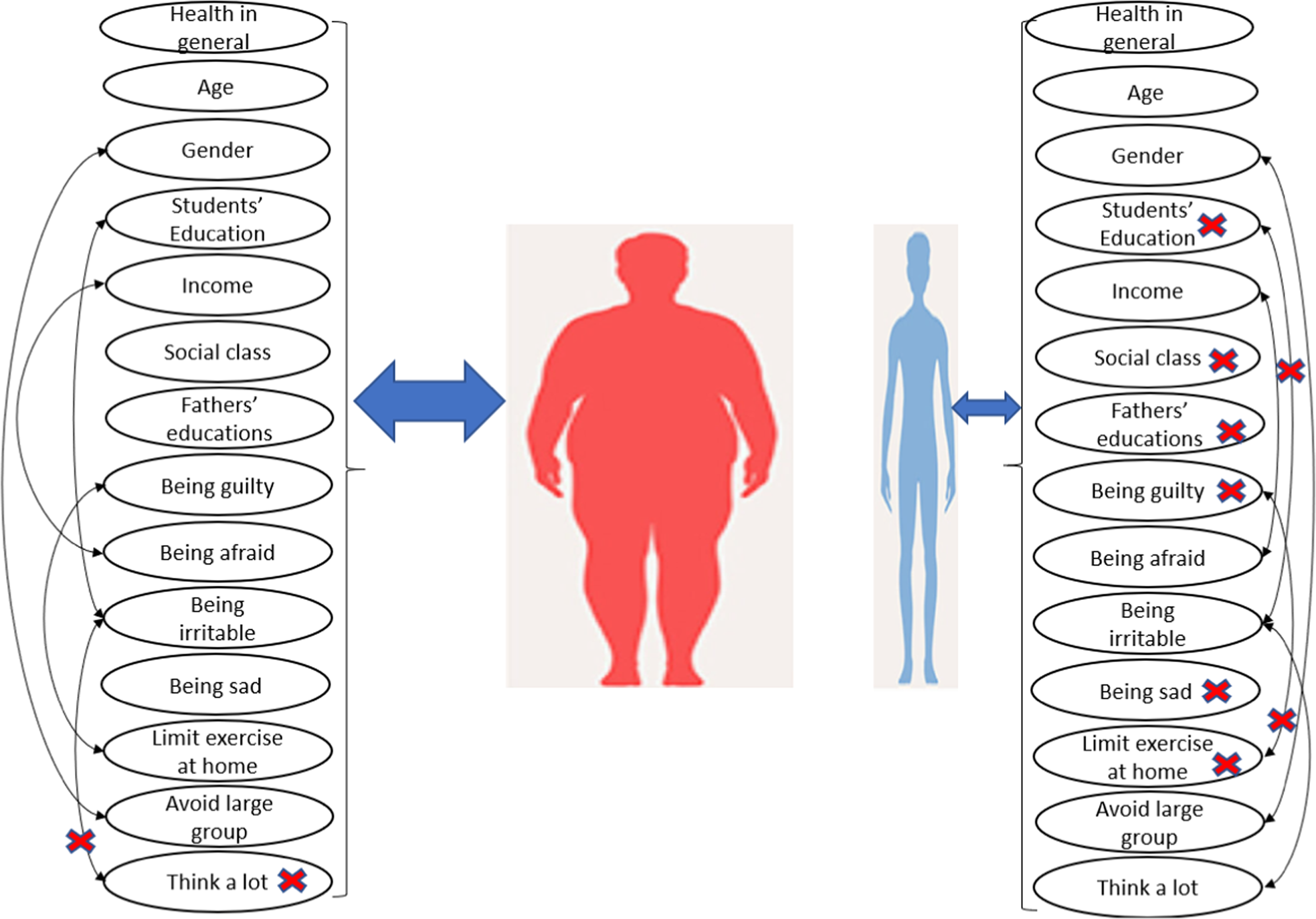
When someone suddenly stops taking Meth, withdrawal can happen fast. While withdrawal is a normal process which people undergo, it can be an experience which is both uncomfortable and painful, especially for people new to the recovery process who have not been to a detox center before.
Table of Contents
Timeline for Methamphetamine Withdrawal
Withdrawal from Meth doesn’t last forever. Symptoms begin to wear off as the body of the users adjusts to Meth no longer being present in the brain and body. For Meth users, withdrawal often begins as early as 24 hours after the drug has last been used.
Research shows that Meth withdrawal consists of two phases. The initial phase is considered the most intense. This phase takes place in the first 24 after the user last ingested Meth. In this phase, symptoms include increased appetite and fatigue. Symptoms also include feeling anxious, depressed and irritable, though symptoms gradually become less intense in the next week.
The next phase of Meth withdrawal is often referred to as the sub-acute phrase, which lasts for another couple of weeks. This phase is less intense than the first. Some users who have been heavy users or have used for a long time can experience withdrawal for months. This stage is known as Post-Acute Withdrawal Syndrome (PAWS).
Factors That Influence Meth Withdrawal Symptoms
The intensity of Methamphetamine withdrawal depends on factors including the quantity of Methamphetamine that has been consumed, the quality of Meth that the person had been using and the duration of active use of the drug.
Usually, the longer that a person has ben using Meth, the worse their withdrawal symptoms are. Older people usually experience more severe withdrawal symptoms than people who are young. A user’s physical and mental health also plays a role. Also, some research shows that Methamphetamine users who are in recovery and have a history using other drugs and alcohol can experience more challenging withdrawal symptoms.
Common Methamphetamine Withdrawal Symptoms
Symptoms which are associated with Methamphetamine withdrawal can be both physical and psychological. Psychological symptoms include psychosis, anxiety and depression. It is vital to note that both physical and psychological symptoms will go away eventually.
Though the experience of Methamphetamine withdrawal is different for every user, an individual’s health issues, life circumstances and drug history might intensify symptoms of withdrawal. That being said, there are common symptoms that many users experience. They include: Psychosis, depression, anxiety, fatigue, cravings and increased appetite.
Anxiety. Anxiety often emerges in Meth detox, and is more common in the first phases of withdrawal if the drug was taken to mask upsetting feelings. With the drug out of the body, the individual does not have anything to block these unpleasant emotions.
Fatigue. It is crucial to understand the effect that Meth has on the body. When an individual has Methamphetamine in their system, the body is unable to relax or get the sleep that it needs to function well. When a user is going through Meth detox, their body will overcompensate with sleep in order to allow itself to heal. Because of this, it is common for those who are doing a Meth detox to feel lethargic and not able to function well for the first week after they have got clean. These people might feel tired and sleepy during this phase of the detox, while the body is attempting to heal and achieve homeostasis. In time, the person can move towards healthier sleeping patterns.
Depression. As with anxiety, depression often emerges in people who are withdrawing from Methamphetamine. Having a low or hopeless mood is normal for people who are in Meth withdrawal. For most people, these intense feelings of depression lessen by the third week of recovery. Depression can continue for a small number of those who come off Meth. This is dependent on a person’s baseline level of mental health before they started using Meth use, combined with the effects that their Meth use has had on their mental health.
It is important that for people who are planning on going through a Meth detox, that a detox center be sought out who can assist you in your detox.
Wrap
A detox center which provides you with this is invaluable in helping you to start the recovery process, and can increase your chances of having a long and successful recovery. Getting off to a good start in your recovery is crucial, and this is made far easier if you have trained professionals behind you, who can guide you through every stage of the detox process.


:max_bytes(150000):strip_icc()/hypersexuality-f7219c0faf93488b82402d4f9d20e454.jpg)


